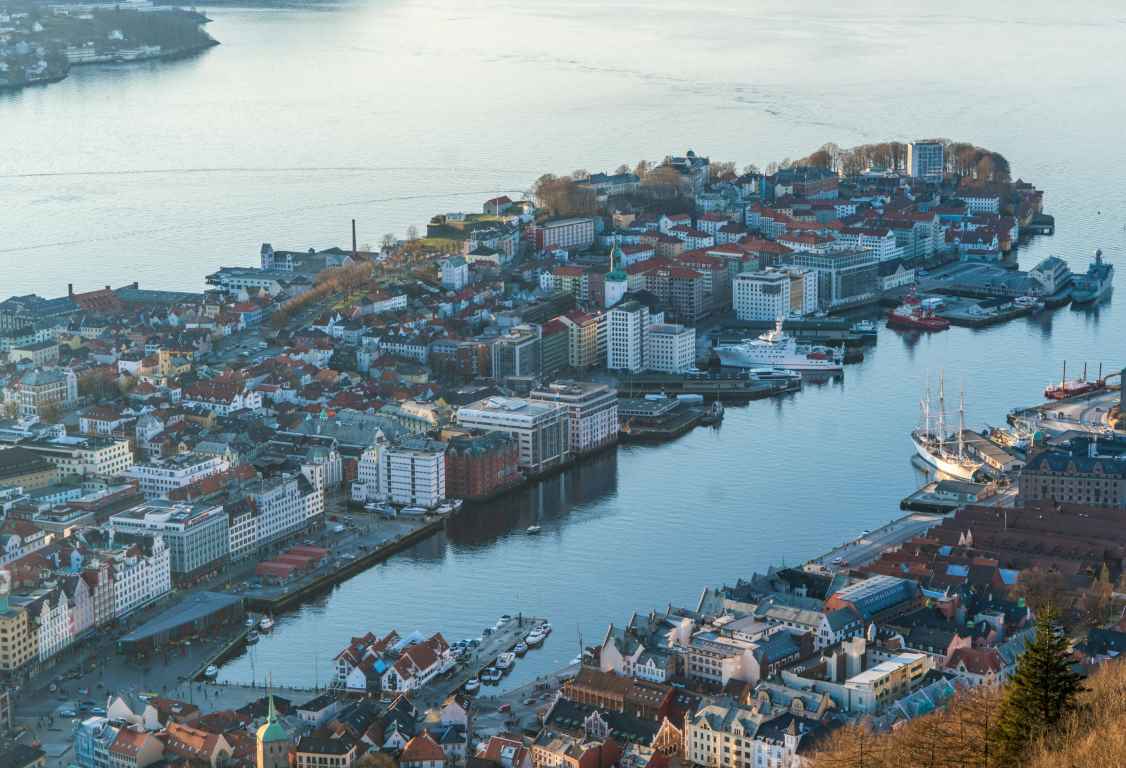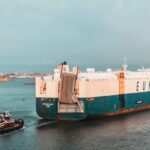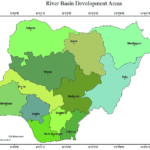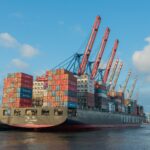T: +2347051423739

THE VALUE OF THE GLOBAL BLUE ECONOMY
Conversely, the ocean of the world is the very generous host of humankind, the many species that inhabit it and our continuing collective existence is at its mercy. Until now, with human limited knowledge of this dependence, the reckless emissions of Co2, deposition of non degradable quantity of chemical, plastic and other substances appeared cost free but not any more. Various studies have now shown the human and economic cost of this wanton destruction of the unique ecosystem would be too high for this and future generations. The ocean as the one continuously connected ecosystem known to mankind traverse an eclectic assortment of ecosystem types, ranging from nearshore costal ecosystems to large marine ecosystems to the areas beyond national jurisdiction. The ocean is fundamental to the livelihoods and food security of billions of people around the world, with an estimated 4.2 billion people reliant on fish for around 15 percent of their animal protein intake. The ability of the ocean ecosystems to support long-term economic growth and essential protein is, however, under pressure from anthropocentric activities.
Because we started from a position of absolute ignorance; in awe of a natural ecosystem seemingly beyond human comprehension, it was probably inevitable things would go wrong that eventually pressures would be exacerbated by the inept, uncoordinated, and at times lacking sound science to inform sustainable management decisions.
The ocean is already a significant generator of considerable value and wealth. One recent serious report estimated that the value of key ocean assets is US$24 trillion, with an annual value of goods and services at US$2.5 trillion (about 5% of global GDP and the 7th largest economy). A number of ocean and coastal nations around the world, most critically Small Island Developing States, but also including the European Union and larger coastal nations, are actively developing and promoting a blue economic growth agenda.
With the blue economy expected to grow faster than the conventional global economy, a traditional trajectory for the oceans forecasts a catastrophic economic and environmental outlook with lasting impact to our existence. Increasing demand for marine resources, technological advances in the exploration of ocean resources, overfishing, climate change, pollution, biodiversity and habitat loss, along with inadequate management and law enforcement, are conflating to produce irreversible damage to the health of the oceans. The recently concluded negotiations between the European Union and United Kingdom was for a long time singularly held up by effort to agree a deal on fishing (a significant employer of labour in many European countries) in the North Sea post-Brexit .
Consequently, the last three years has witnessed renewed international attention to the plight of the oceans and the corresponding need for a more considered approach to sustainable management and conservation of the oceans and coastlines has grown considerably. This was reflected in the United Nations agreement on the 2030 Agenda for Sustainable Development where a stand-alone goal was dedicated to the issue. Goal 14 points the world towards a vision to conserve and sustainably use the oceans, seas, and marine resources.
At the same time, considerable momentum has gathered behind the current and future role of the ocean and its resources in economic development — the Blue Economy. This specifically focused on the potential for growth of global trade and commerce and an increased resource base for critical provisions and services such as food and energy.
A sustainable Blue Economy demands governance, strategic priority and policy setting and investment needs while simultaneously identifying the socioeconomic opportunities provided by the coastal and ocean resources. The Blue Economy thus is a vision of a vibrant ocean and coastal areas that also fosters economic growth and sustainable livelihoods.
Strengthening Blue Economy opportunities will require increased understanding of the complexities of the marine ecosystems and the intrinsic links to land-based activities. To promote entrepreneurship towards more sustainable use of marine and coastal resources, ocean nations must deploy a set of tools, such as marine spatial planning. These tools will serve to identify and manage the opportunities and constraints that lie within Exclusive Economic Zones to then inform policy formulation, adoption, and investment processes towards long-term environmental sustainability.
National strategies and political priority-setting exercises need to highlight the importance of healthy marine and freshwater aquatic ecosystems, as the systems are intrinsically linked to opportunities for prosperity and economic growth. However, these complex systems feed into many sectoral issues, while not being limited by political boundaries. Long-term solutions need national implementation and action supported by regional cooperative frameworks to ensure local priorities and challenges are acknowledged and respected between the stakeholders sharing ocean resources.
The Blue Economy captures a range of activities and sectors: three overarching issues stand out due to their importance towards developing sustainable blue economies, namely healthy coastal and marine ecosystems, sustainable fisheries, and pollution from land based sources.
Sustaining healthy coastal and marine ecosystems such as deltas, mangroves, salt marshes, sea grasses, and coral reefs, are essential in sustaining fisheries, tourism, and coastal protection, sequester carbon, filter run-off waters and provide biodiversity hot spots. Therefore, these need to be protected, among others through deployment of tools such as marine spatial plans and establishment of marine protected areas.
Catalyzing sustainable fisheries management practices and national and regional policy processes is vital in recognition of the role fisheries and fisheries practices play in eliminating hunger, promoting health, and reducing poverty. To secure the primary protein source for 2.6 billion people will mean that countries need to embrace both wild and farmed fisheries management and look to micro and macro algae to explore its potential use as a cost effective nutrient pollution remediation, carbon sequestration and renewable energy tool.
Addressing pollution reduction in marine environments by supporting strategic regional investments to inform the transformation of plastic supply chains with substantial impacts on global marine plastic pollution, while piloting and promoting the scaling of innovative point and non-point pollution to address the challenging issues around pollution from municipal, industrial, and agricultural production.
Going forward, The prospect for the global marine and ocean community to utilize the current political interest and associated investments to address marine debris, towards ensuring continuous attention to the sustainable blue economy agenda in general is unique and hopefully will lead to multiple sets of actions across the blue economy agenda.






